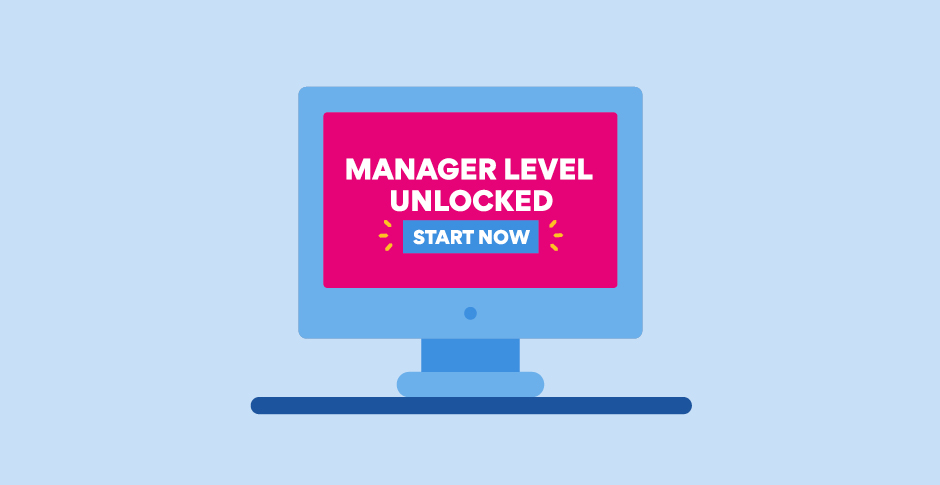As crushing as it might seem, very few of us have the privilege of having our hand held throughout our careers. For most, if we want to see change, we have to make it. That’s why regardless of what industry or sector you work in, YOU need to be the driver of your professional development if you hope to progress your career.
If you’re one of the 81% of Kiwis who believe that career development is important, and one of the 62% who believe that the most important influencer for their career development is themselves, then you’ll be surprised to know that only 1 in 3 of us have a formalised development plan. Does that sound like you?
With the help of recruitment consultant Joanne Besser of Career Threads, we’re here to guide you through creating a professional development plan in just a few steps…
Take a good look at yourself
Career progression and professional development can come in many shapes and sizes – a new job title, a horizontal career move, key achievements, a new skill set or a new career altogether. “The first step is truly reflecting on what matters to you and what you want out of your career,” says Besser. It can be difficult to self-reflect so it can often help to create a structure in which to do so.
Devise a list of questions and answer them
Some of the key questions to address when writing a professional development plan might include:
- Who you are and what you’re passionate about. One example of an answer could be: “I am a creative doer that feels happiest when I am making things with my hands.”
- What you love about your job and what you don’t
- What your key strengths are and areas for improvement
- Where you picture yourself in two years’ time
- What you need to master to get there. Having clearly defined goals will make it easier for you to realise them. If you are the ‘creative doer’ and want to be earning money from your craft within two years, do you need to enrol in a course to improve your skills? Do you need to put aside four hours a week to practice your craft? Perhaps you need to research jobs that will allow you to be creative and earn an income such as teaching or writing articles about your craft.
Write it, speak it, get it out
Besser suggests taking pen to paper and writing out a page or two of questions and then spending time filling in the gaps with your answers. If the thought of starting from scratch feels daunting, you may wish to download SEEK’s free career development planner which can guide you through the process.
Once you’ve put pen to paper, it’s time to enlist the help of a mentor, family member, colleague or friend to chat through your answers. “Verbalising your goals and receiving feedback is a great way to test ideas and get a feel for whether they are realistic and achievable,” says Besser.
Consider the frequency at which you reassess
A professional development plan should never be a once-off thing, according to Besser. “Our goals should be in a significant state of flux as we experience more and grow within our professional roles.” She advises to set a calendar reminder on a periodic basis that suits you – once a month, four times a year, annually, where you sit down, re-evaluate your career and write a new professional development plan. “Sometimes all you need to do is read over your last one to see if you’re on track and make some tweaks for the next period of time.”
Finally, ”the most important thing is that you use your professional development plan as a checklist.” Refer back to it and make sure you’re turning at least some of the plan into action. When you do, you’ll feel a great sense of achievement at the thought that little by little, you’re living what you set out to do.
Independent research conducted by Survey Sampling International (SSI) on behalf of SEEK. Interviewing 4k Kiwis annually



